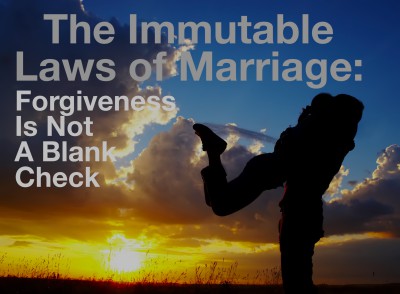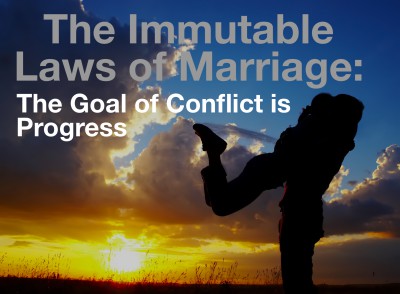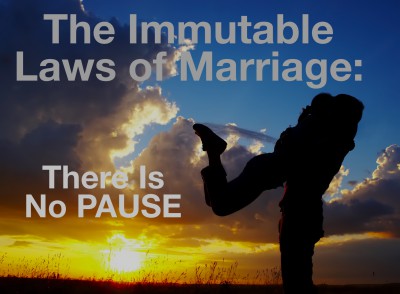Forgiveness is NOT a Blank Check
https://savethemarriage.com/stmblog/wp-content/themes/corpus/images/empty/thumbnail.jpg 150 150 Lee H. Baucom, Ph.D. Lee H. Baucom, Ph.D. https://secure.gravatar.com/avatar/669b7e375d93f77521ddaba08adb8063?s=96&d=blank&r=pg Just to be clear, I am ALL FOR forgiveness. I have talked about on the Save The Marriage Podcast and on my Thriveology Podcast.
Just to be clear, I am ALL FOR forgiveness. I have talked about on the Save The Marriage Podcast and on my Thriveology Podcast.
And in a marriage, there are ample opportunities to practice forgiving. “Every-day forgiving” and big-time forgiving. In such an intimate relationship, you are going to step on toes, hurt each other’s feelings, make bad decisions — and still have to figure out how to move forward. You do that by forgiving.
BUT (and this is a big BUT, which is why I capitalized it and bolded it) that does not mean the “forgiven” has carte blanche to keep up the behavior that required the forgiving. (By the way, not to chase a tangent, but did you know that carte blanche means “white card” or “blank card,” meaning a check that is blank, but has been signed? In other words, a “blank check.”)
When someone is forgiven, it is not permission to do “it” (whatever the “it” is that causes the need for forgiveness). Forgiving is a decision to move forward. It may or may not include moving forward in relationship. But it is deciding to move forward in the face of something that happened.
There is a saying that “the first time is a mistake, the second time is a choice.” I would add, “the third time, on, it is a habit.” Forgiving something is not an open opportunity to repeat the behavior.
Similarly, an apology is not an opportunity to repeat the behavior. It is an acknowledgement of a mistake and an opportunity for change.
One apologizes AND takes the opportunity to change (I have a podcast on apologizing). One forgives, SO THAT the hurt and pain can be left behind.
Listen to the podcast below for more.
(. . . and if you need to catch up on the Immutable Laws Of Marriage series, here are the older episodes:)
Immutable Laws Of Marriage Series
#1 Marriage Is About Becoming A WE
#2 Marriage Is NOT A Vehicle for Happiness (Or Misery)
#3 We ALL Have Fear
#4 There Is NO Pause
#5 Connection Is The Lifeblood
#6 The Goal Of Conflict Is Progress
#7 Love Is What You Do
#8 Look For The Best In Your Spouse
#9 You Have To Show Up
#10 Civility and Respect Is A Choice
#11 Trust Is A Gift
Podcast: Play in new window | Download
Subscribe: RSS








